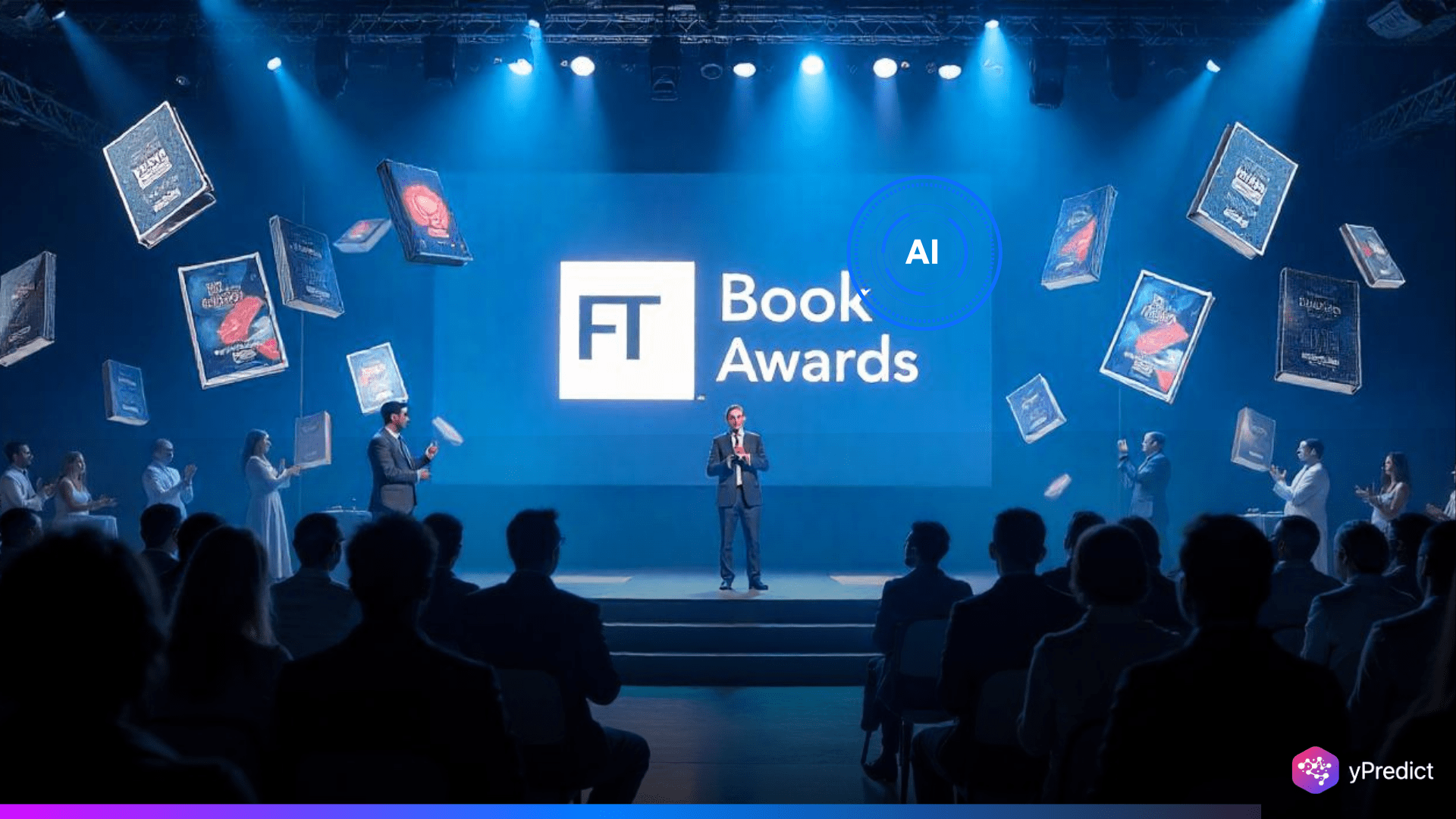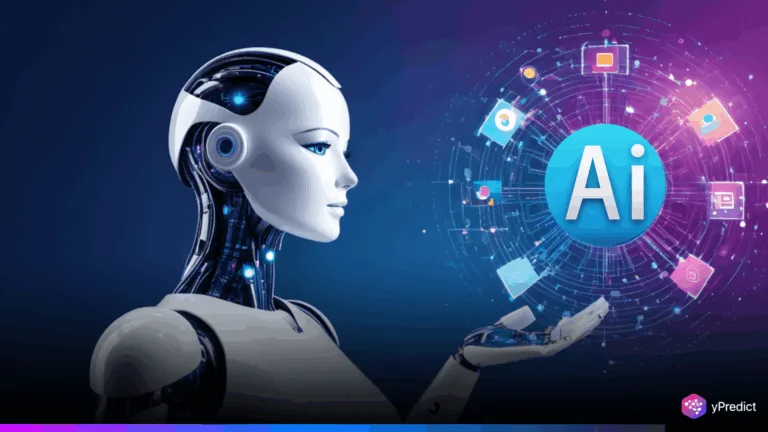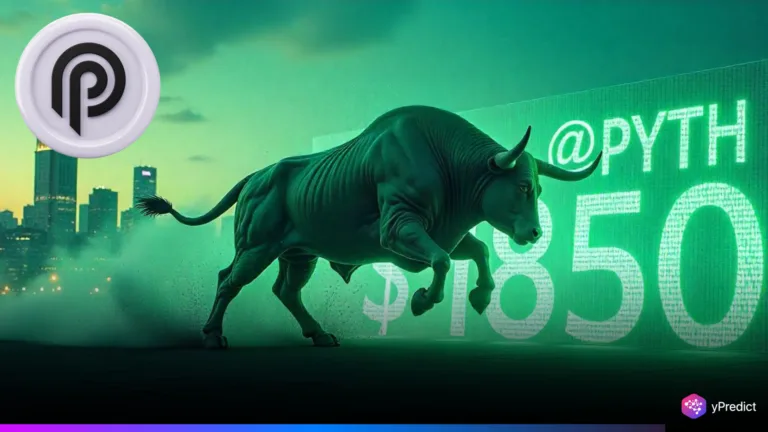
The publishing industry is at a crossroads over the use of generative AI, with debates intensifying on its ethical boundaries. As the Financial Times and Schroders launch the 2025 Business Book of the Year Award, authors, agents, and publishers are grappling with how AI in publishing may reshape creativity, copyright, and collaboration.
AI Tools Both Assist and Threaten Human Authors
While many authors, like last year’s award winner Parmy Olson, find large language models (LLMs) helpful for brainstorming and historical references, others see them as a threat. Olson herself relies on AI for ideation, yet believes no model can replicate her voice. “It will always be soul-destroying to not write in your voice,” she says.
Industry professionals are caught between utility and risk. “We’re keenly aware these technologies can dilute the market for human-authored works,” warns Umair Kazi of The Authors Guild. Concerns are mounting that copyrighted books are being scraped to train LLMs without consent — a practice that authors widely oppose.
Publishers and Agents Unite to Protect Content Rights
In a rare display of unity, authors, publishers, and agents are working together to safeguard content from AI misuse. Agents now demand contractual clauses restricting LLM training on their authors’ work or requiring licenses for such use. Esmond Harmsworth, head of Aevitas literary agency, notes: “Since AI could replace both author and publisher, we’re working together more closely.”
Wiley, a major academic publisher, has issued formal guidelines stating AI should be used only to assist, not replace — human writing. After surveying 5,000 authors, Wiley’s SVP Josh Jarrett emphasized a continuum of responsible AI use, starting with tools like Grammarly and ending with full content generation, which remains controversial.
AI’s Reach Expands from Drafting to Audiobooks
AI’s role is growing beyond just writing. Some publishers are testing AI-narrated audiobooks, raising fresh concerns. James Levine of Levine Greenberg Rostan warns that this trend could displace voice actors, but others see value in fast-tracking accessibility, especially for visually impaired readers.
Executive coach Marshall Goldsmith has embraced AI, launching an avatar that responds to coaching queries using his past content. Even ghostwriting may face disruption. Kevin Anderson, CEO of a book-writing agency, believes AI will impact mid-tier ghostwriters, though high-end, intuitive storytelling remains a human domain, for now.
Future of Writing: Collaboration or Competition with AI?
As OpenAI teases new models “good at creative writing,” publishing insiders remain divided. Some like Olson trust in the irreplaceable nature of the human voice. Others, like Kevin Anderson, caution that AI can already produce “well-written and organized” content at unprecedented speed.
Even those avoiding AI tools must contend with their indirect effects. AI-generated books are beginning to compete with original works in stores and digital platforms. To counter fake research and low-quality content, Springer Nature has implemented AI tools for submission screening — a sign of how deeply the technology is now embedded.
Conclusion:
With FT’s 2025 Business Book Award now open, the industry faces a pivotal moment. Will AI in publishing remain a tool or become a competitor? As technology advances, authors, agents, and publishers must navigate this evolving landscape together, balancing innovation with integrity.






